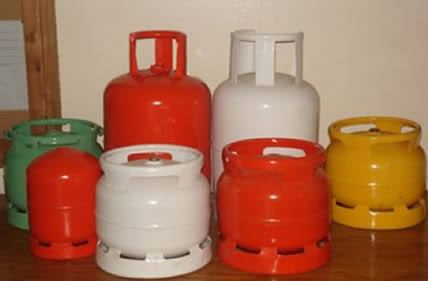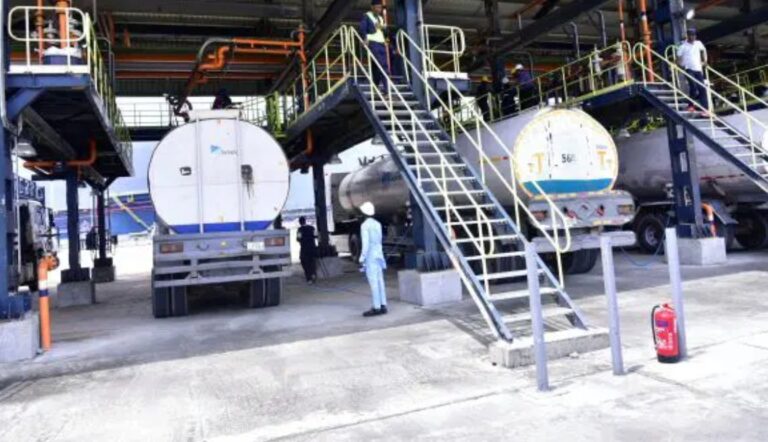The Nigerian Exchange Limited opened in the reds on the first trading session of the week as investors lost N89bn.
This comes as the National Bureau of Statistics released the inflation figure for September which stood at 26.72 per cent, signalling an increase of 0.92 per cent points when compared to the August inflation figure of 25.80 per cent.
The data from the NBS showed that the top four items driving inflation year-on-year include Food and non-alcoholic beverages, Housing, water, electricity, gas & other fuel, Clothing and footwear; and Transport at 13.84 per cent, 4.47 per cent, 2.04 and 1.74 per cent respectively.
The inflation figure was the focus for investors this week alongside the release of third-quarter earnings reports of companies listed on the exchange.
Both the All-Share Index and the market capitalisation depreciated by 0.24 per cent to close at
67,037.93 basis points and N36.830tn respectively.
At the close of trading, a total of 5,965 deals took place involving over 216.07m units of shares valued at N 3.551bn.
Market sentiments were negative as reflected in 19 gainers and 23 losers. On the gainers’ chart were the duo of NASCON Allied Industries whose shares appreciated by 5.45 per cent to close at N58 per unit, Flour Mill closed at N31 per share after gaining 4.20 per cent, Dangote Sugar appreciated by 3.13 per cent to close at N62.60, United Bank for Africa’s shares rose by 2.28 per cent to close at N17.95 and Unilever gained 0.70 per cent to close at N14.35.
On the losers’ table were Stanbic IBTC lost 10 per cent of its share value to close at N72 per unit, Oando lost 9.24 per cent to close at N8.35, Eterna’s shares shed 8.05 per cent to close at N13.70, Cadbury dipped by 6.67 per cent to close at N14 and Okomu Oil lost 9.96 per cent to close at N236.80.
Commenting on the effects of the inflation figure released by the NBS, professor of capital market at the Nasarawa State University, Keffi, Uche Uwaleke, described it as a worrying trend.
Uwaleke, who is also President of the Association of Capital Market Academics of Nigeria, said, “It is worth noting that whereas inflationary pressure is slowing in many parts of the world including the US, UK, Europe, South Africa and even Ghana (where inflation rate is now shy of 40 per cent), it is rising in Nigeria, reflecting the impact of the fuel subsidy removal and naira depreciation.
“The pressure point is on food which contributes about 14 per cent (over 50 per cent) of the 26.72 per cent. This pressure is felt more in the Urban than in rural areas possibly on account of high transport costs. The trend in the inflation rate is quite worrisome given its impact on the purchasing power of the naira and by extension on poverty level. It is equally partly to blame for the increasing dollarisation of the Nigerian economy and the demand pressure in the forex market.”




